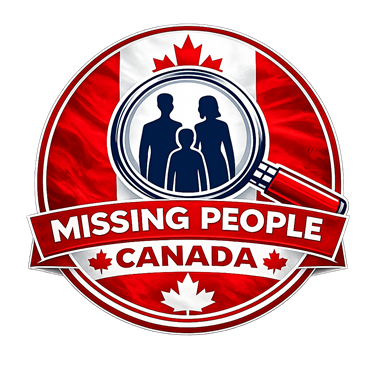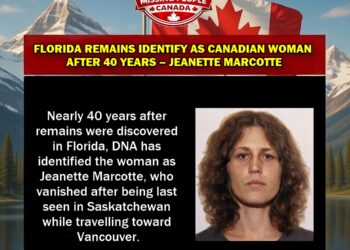A tip to Crime Stoppers helped a police agency somewhere in Saskatchewan find the body of a person who had been reported missing somewhere in the province sometime in the past year, but Crime Stoppers — a private agency with close ties to police — is refusing to identify the dead person.
On Tuesday, the Association of Crime Stoppers Programs of Saskatchewan announced the find, but nothing about the missing person — their gender or age, where they were found, the circumstances of their death or even the police agency involved — has been revealed.
Cst. Ryan Ehalt, the police co-ordinator with Saskatoon Crime Stoppers, said the investigating police agency has closed the case and the immediate family of the dead person has been notified.
He added that the death is not under criminal investigation.
Crime Stoppers routinely use mainstream media and social media platforms to ask for help in finding missing people.
A key element of its approach is to assure anonymity to tipsters.
Cst. Ehalt said it doesn’t know who submitted the tip in the latest case. It’s not releasing the dead person’s name for fear of inadvertently outing that person and damaging the chances of future tips coming in.
“We are protecting them because that’s the foundational concept of the Crime Stoppers program,” he said.
“We can never go back to the tipster and ask them if now they’re willing to release that information. That will never happen.”
University of Saskatchewan law professor Glen Luther questioned whether it is appropriate in this day and age for agencies affiliated with police to simply ask the public to trust their word.
Police have come under fire for investigations into missing and murdered Indigneous women, he said. People are skeptical about the quality of the investigations, especially when deaths are ruled not suspicious.
“I’m concerned about the lack of transparency and I don’t really see why the name of a deceased is a secret,” he said.
“I’m concerned about people passing away in suspicious circumstances and making sure they’re properly investigated.”







